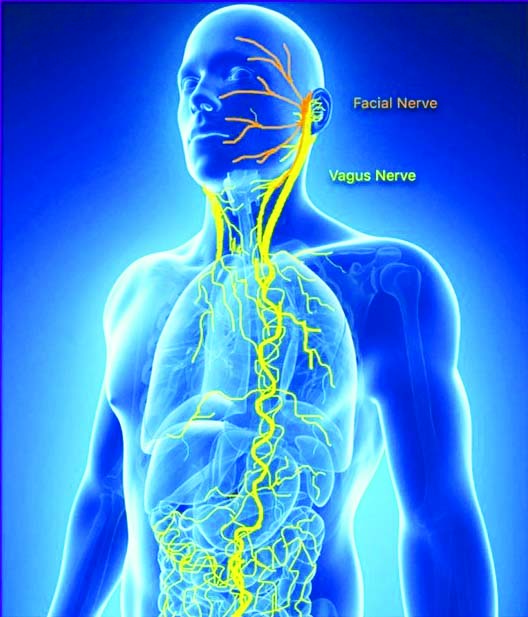A Difficult but Necessary Discussion
Talking to Children about the Spike in Violence
Recent shootings has evoked sadness, grief, helplessness, anxiety, and anger. Children who are struggling with their thoughts and feelings about the stories and images of a shooting often need help and guidance.
• Start the conversation. Talk. Not talking can make these types of events even more threatening in a child’s mind. Silence suggests what has occurred is too horrible to speak about. With social media, texts, newsbreaks on radio and TV, it is highly unlikely children and teenagers have not heard what took place.
• What does your child already know? Start by asking what they heard from the media and friends. Listen carefully for misinformation, misconceptions, and underlying fears or concerns.
• Gently correct inaccurate information. If your child/teen has inaccurate information or misconceptions, provide the correct information in simple, clear, age appropriate language.
• Encourage questions, and answer them directly. They may ask if it is possible it could happen at your workplace, or their school and are really asking whether it is “likely.” The concern about re-occurrence will be an issue for caregivers and children/teens alike. While it is important to discuss the likelihood of this risk, they are asking if they are safe. Children and teens are better able to cope with a difficult situation when they have the facts about it.
• Limit media exposure. Limit your own exposure as well. Adults may become more distressed with nonstop exposure to media coverage.
In the immediate aftermath of any violent act, kids may have problems paying attention or concentrating. Their sleep and appetite routines may change.
In general, these reactions lessen within a few weeks.
• Be a positive role model. Consider sharing your feelings about the events with your child/teen, at a level they can understand. Express your sadness and empathy for victims and their families and share ideas for coping with difficult situations.
• Be patient. In times of stress, they may not openly ask for your guidance or support, but they will want it. Children and teens will need a little extra patience, care, and love.
• Extra help. Should reactions continue or at any point interfere with your children’s/teens’ abilities to function or if you are worried, contact local mental health professionals who have expertise in trauma. Contact your family physician, pediatrician, or state mental health associations for referrals to such experts.
(Source: https://www.nctsn.org/resources)
The National Child Traumatic Stress Network (NCTSN) was created by Congress in 2000 as part of the Children’s Health Act to raise the standard of care and increase access to services for children and families who experience or witness traumatic events. This unique network of frontline providers, family members, researchers, and national partners is committed to changing the course of children’s lives by improving their care and moving scientific gains quickly into practice across the U.S. The NCTSN is administered by the Substance Abuse and Mental Health Services Administration (SAMHSA) and coordinated by the UCLA-Duke University National Center for Child Traumatic Stress (NCCTS).


































